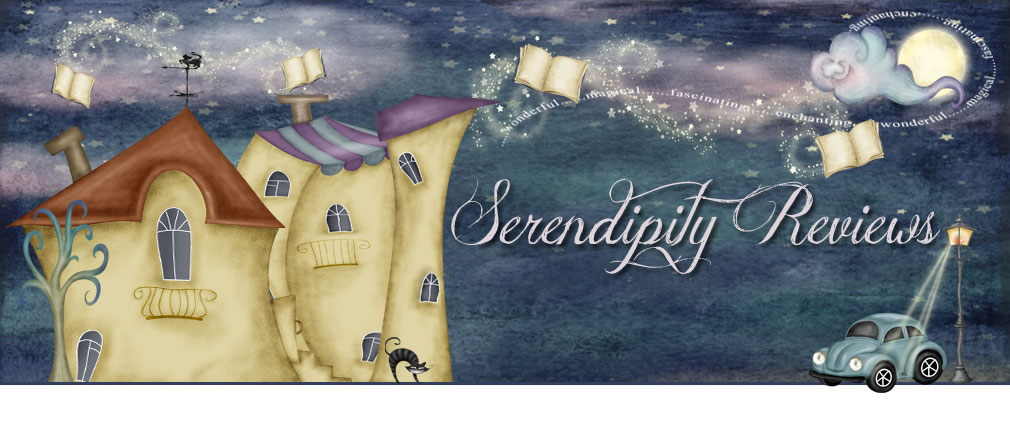
Imagine if you couldn't see couldn't hear couldn't speak... Then one day somebody took your hand and opened up the world to you.
Published by Hodder & Stoughton in January 2014
241 pages in review copy
Summary from the publisher’s website
Adeliza Golding is a deafblind girl, born in late Victorian England on her father's hop farm. Unable to interact with her loving family, she exists in a world of darkness and confusion; her only communication is with the ghosts she speaks to in her head, whom she has christened The Visitors. One day she runs out into the fields and a young hop-picker, Lottie, grabs her hand and starts drawing shapes in it. Finally Liza can communicate. Her friendship with her teacher and with Lottie's beloved brother Caleb leads her from the hop gardens and oyster beds of Kent to the dusty veldt of South Africa and the Boer War, and ultimately to the truth about the Visitors.
*******
The Visitors has a striking cover: scarlet and slate grey silhouettes on a mottled cream vintage paper. There are hops, a ribbon across a child’s eyes and a rather lovely High Victorian font - all very suitable for the story inside.
It’s a large tale which broadens out from Adeliza’s intimate childhood in Kent to her adventures in South Africa as a young woman. The intrigue of who and what the Visitors are, and what they want spans the whole two-decade time-scale. It leads you on, as does Adeliza’s engaging personality.
Whilst the story covers her emergence into adulthood, it would not be unsuitable for a younger reader of high ability. There is romance - but it is handled with grace and sensitivity. I am happy to say that the supernatural element is also delicately and convincingly portrayed. It is unlikely to cause nightmares - yet it is essential to the plot.
Ideally, readers of The Visitors would revel in all the rich sensuality of Liza’s experience. They would delight in the beautifully realised turn-of-the-century setting, language and period detail.
There are aspects of British Imperial history in the Boer War portrayed that are far more distressing than anything supernatural - not least, because they are based on truth. For me, reading about this through Caleb’s letters was less engaging than following Liza’s direct experience - but I suspect that’s a matter of personal taste. Besides, letters were often used in novels of the time, and they work well to distance the reader slightly from the events so that they are brought in gradually.
I would cheerfully recommend this book to lovers of rich, sweeping historical drama with an eerie core to it. There is a small cast of characters to engage deeply with and a fine mix of adventure, romance and ghosts.

No comments:
Post a Comment
Hiya, thanks for stopping by, it is always nice to hear what you have to say, so do leave a comment if you have time.